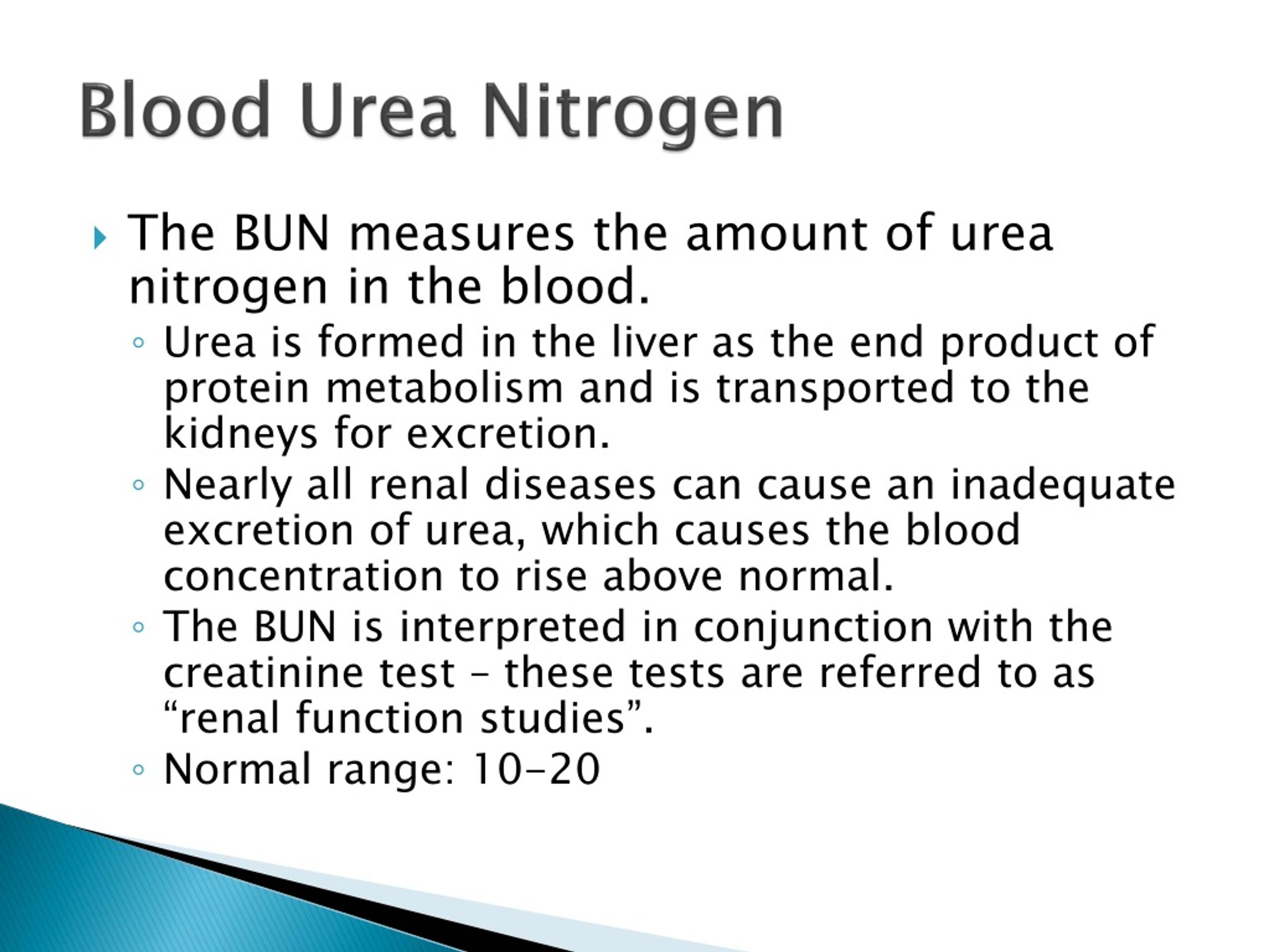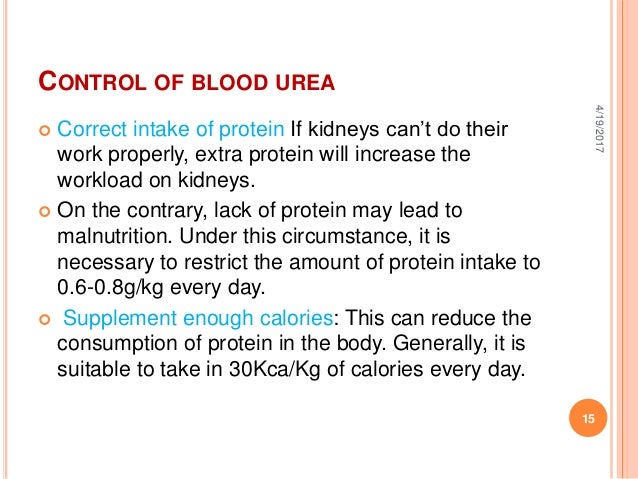

They will insert a sterilised needle and draw a tiny portion of blood from your vein.Then, they will put pressure on your arm to make your veins swell by tying an elastic band around.A lab technician will clean the area to be punctured with an antiseptic.Mostly, the blood is drawn from your arm.The blood urea nitrogen test method involves the following steps:

Your doctor collects a sample of blood from you. The procedure of a blood urea nitrogen test is not a complicated one. Your doctor may ask you to pause on it for the time being. Certain medications may alter the test results. In addition, if you are on any medication, make your doctor aware of it. In such scenarios, adhere to what your doctor says. However, if your doctor prescribes to test your blood for other purposes, you may need to fast before the test. If your doctor’s intention is only to check the blood urea nitrogen levels in your blood, you can go for the test even after having a meal. Swelling of arms, ankles, legs, abdomen, face or eyesĪ blood urea test is almost like any other normal blood test.Urine becomes foamy, bloody, brown or discoloured.If any of the below symptoms listed are felt, consult your doctor and convey the symptoms. However, the swifter the medical attention, the easier it is to address the health problem in its early stage. Creatinine is another waste product that gets filtered out by your kidneys.Ī high level of creatinine in your blood may indicate the ineffective functioning of your kidneys. If your doctor’s main concern is the kidney, the creatinine levels will be checked. It is important to note that a high blood urea nitrogen level doesn’t solely conclude any of the above health conditions. To diagnose other conditions such as congestive heart failure, gastrointestinal bleeding, liver damage, etc.To check the efficacy of dialysis when you have kidney malfunction.If you have other health conditions, including Hypertension and Diabetes, that may affect your kidneys.If you have chronic kidney disease or related problems.Under the following circumstances, your doctor may prescribe the BUN test: Your doctor prescribes the test if you develop any kidney-related problems. The blood urea test is done to check if your kidney functions well. So, your blood, at any time, contains some amount of blood urea nitrogen, which is normal because the production of urea and its filtration is a continuous process.īut, if the level of blood urea nitrogen is high, it could indicate that your kidney is not performing the normal function. A pair of healthy kidneys filter out the waste materials from your blood and release them through urine. Urea is a waste product in your body that mixes with your bloodstream and travels to your kidneys. This nitrogen combines with other elements such as oxygen, hydrogen and carbon to produce urea. Here ‘N’ stands for nitrogen, meaning ammonia contains nitrogen. Your liver produces ammonia (NH3) as a by-product. For this, your kidneys need to function properly. Based on the blood urea nitrogen or BUN levels in your blood, doctors can identify if you have any kidney disease or not.īlood urea nitrogen is a waste material removed from your blood by the kidneys. This blood urea test is carried out to check the functioning of your kidney. It is a part of the blood test in which the urea nitrogen levels will only be specifically checked. A blood urea nitrogen test, called a BUN test, is nothing but a measure of the quantity of urea nitrogen in your blood.


 0 kommentar(er)
0 kommentar(er)
